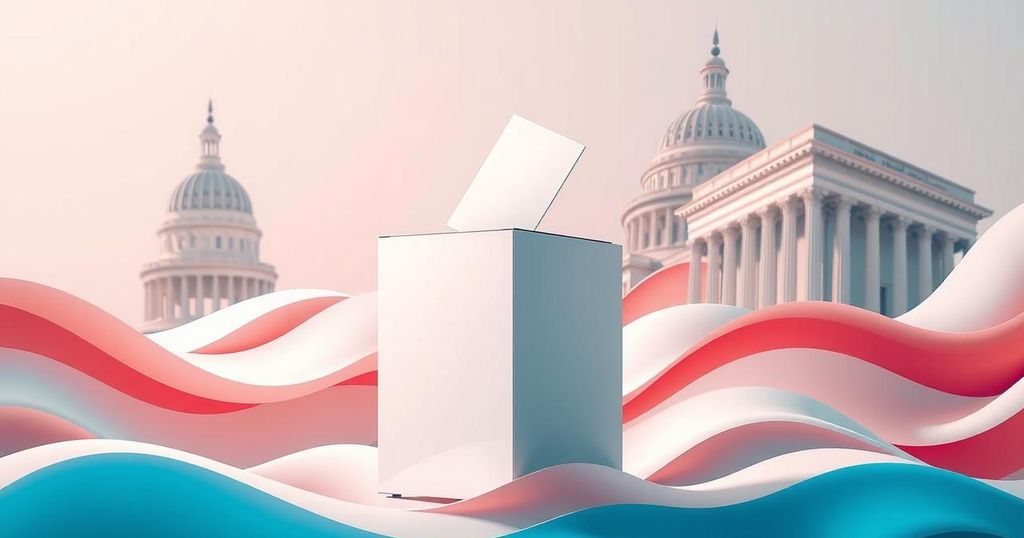Ecuador will conduct presidential elections on February 9, 2024, where President Daniel Noboa aims for a stable economic agenda, while leftist candidate Luisa Gonzalez seeks increased social spending. A run-off is likely set for April 13, depending on electoral results.
Ecuador is poised for significant political changes as the presidential elections approach on February 9, 2024. President Daniel Noboa, representing the center-right National Democratic Action party, seeks to secure a full four-year term following his previous selection to an abbreviated 18-month term in November 2023. His administration favors business-friendly strategies that aim to enhance economic conditions in the country. Conversely, should left-wing candidate Luisa Gonzalez, aligned with the Citizen Revolution Movement party and a protégé of former President Rafael Correa, emerge victorious, Ecuador could see a shift toward increased social spending, potentially jeopardizing the nation’s agreement with the International Monetary Fund (IMF).
Recent elections in Ecuador have underscored a sharp political divide, with candidate options representing contrasting approaches to governance and economic management. In particular, the upcoming election may significantly influence national policies, as President Noboa’s focus on a business-friendly agenda aims for gradual economic recovery, while his opposition may prioritize social welfare improvements. The dynamics further indicate a likely run-off on April 13, 2024, should no candidate achieve outright victory on the initial ballot.
In summary, Ecuador’s forthcoming general elections hold critical implications for its economic trajectory. A win for President Noboa would likely ensure the continuity of policies aimed at nurturing economic growth. Alternatively, a shift in leadership towards a leftist vision could result in heightened social spending that may mildly alleviate poverty but could imperil the established IMF arrangement. The electoral outcome will profoundly shape the nation’s future engagement with both domestic and international economic frameworks.
Original Source: worldview.stratfor.com






